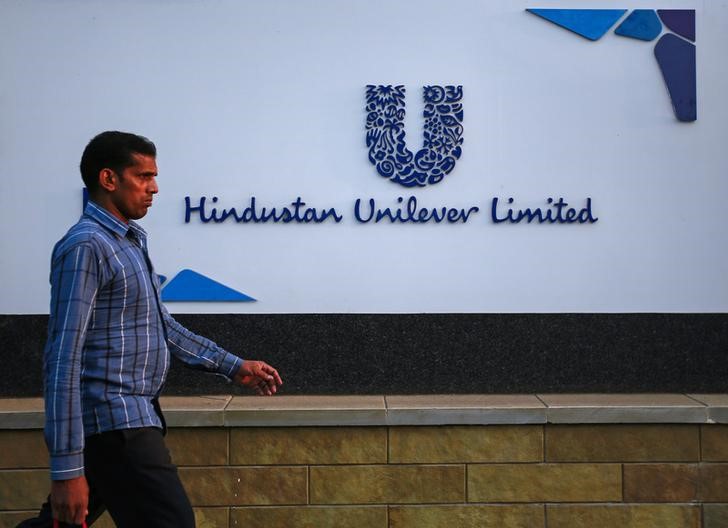BTC Development Corp. completes $253 million IPO on NASDAQ
Investing.com -- Jefferies said India’s latest round of Goods and Services Tax reforms is expected to revive consumer demand, while the insurance sector is likely to face only a manageable impact on profitability.
The GST Council has collapsed the 12% and 28% slabs, leaving just three rates, 5%, 18% and 40%.
The new rates take effect on September 22, coinciding with the festive season. Jefferies described the move as a “pre-festive bonanza,” adding that the timing “will benefit both the consumers (lower product prices) and the companies (higher volumes).”
Among staples, toothpaste, soaps, shampoos, biscuits, chocolates and instant noodles, earlier taxed at 18% or 12%, will now attract 5% GST.
The changes are expected to lift sales for consumer goods makers including Colgate, Britannia, Nestlé, Hindustan Unilever, Dabur, Marico and Patanjali.
Beverages such as packaged water and juices also move to 5%. Quick-service restaurants should gain from lower tax on inputs like cheese and chicken, while pizza bread moves to nil.
Apparel and footwear priced under 2,500 Indian rupees have been cut to 5%, benefiting chains such as Metro and Bata.
Internet delivery platforms face an 18% levy on local delivery services, a small negative that is likely to be passed on to users.
On the fiscal side, the government could see a revenue impact of about 480 billion rupees on a full-year basis, with 220-240 billion rupees hit in FY26.
However, it projected no drag on FY27 because the conversion of GST cess into GST should offset the shortfall.
The brokerage also said the cuts would ease consumer prices, lowering headline inflation by roughly 25 basis points.
“These GST cuts should help CPI inflation by c.25bps, increasing the probability of a 25bps rate cut in the upcoming meeting,” Jefferies noted.
Unlike previous tax changes, the government has chosen not to include an anti-profiteering clause.
Officials indicated that Indian companies are competitive enough to pass the benefits to consumers without regulatory compulsion.
For insurers, GST exemption on life and health premiums marks a major shift from the earlier 18% rate.
Reinsurance will also be exempt, but commissions remain taxed at 18%, creating what Jefferies called a “slightly inverted GST regime.”
The brokerage warned that insurers cannot reprice existing contracts, which could weigh on back-books.
On new business, companies may need to raise prices by 2-4% or accept slightly lower returns.
Even so, Jefferies said the sector impact is limited, “lower GST can lift sales of protection & riders-both are high-margin segments. So, we see manageable impact on sector.”
